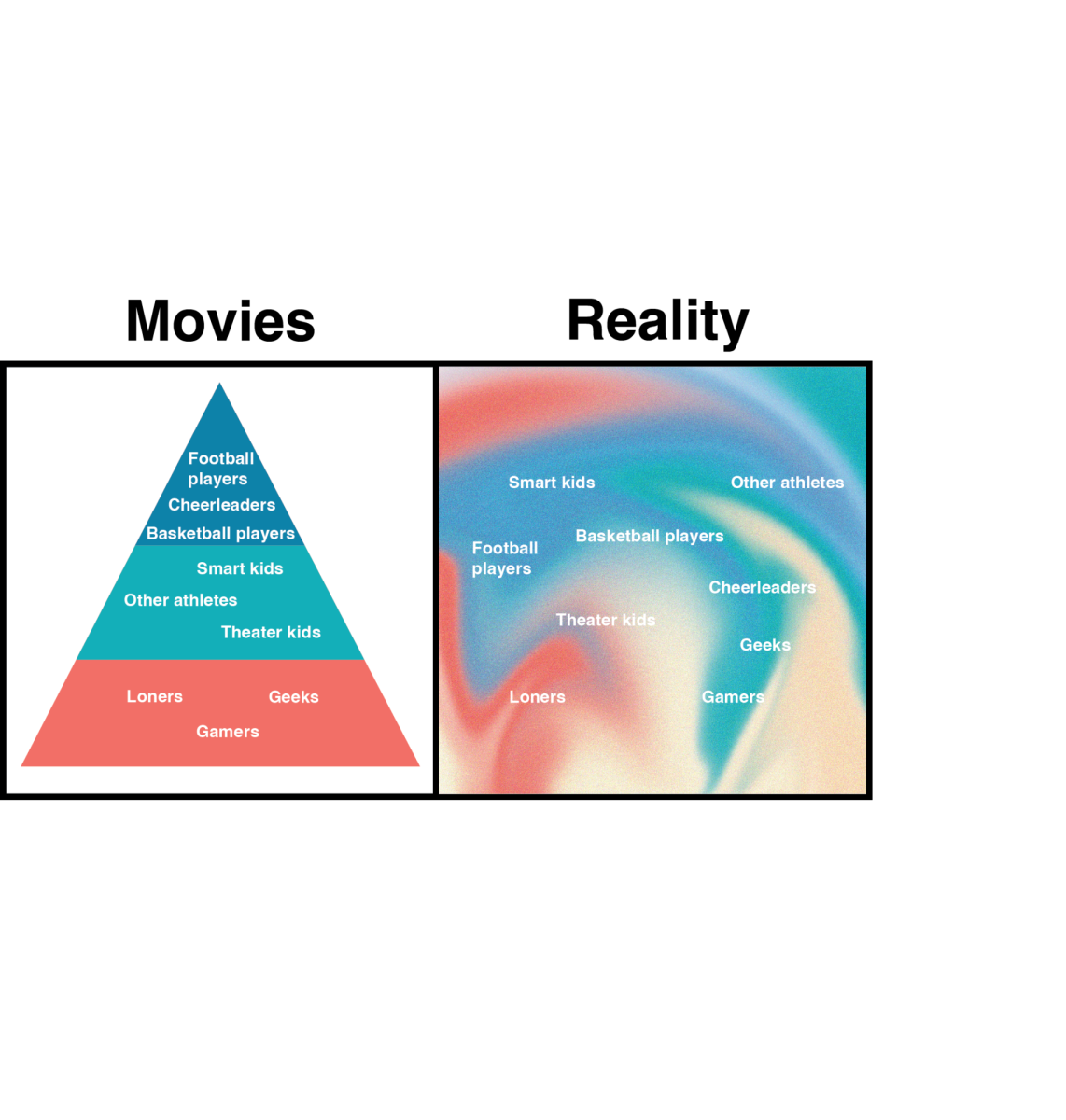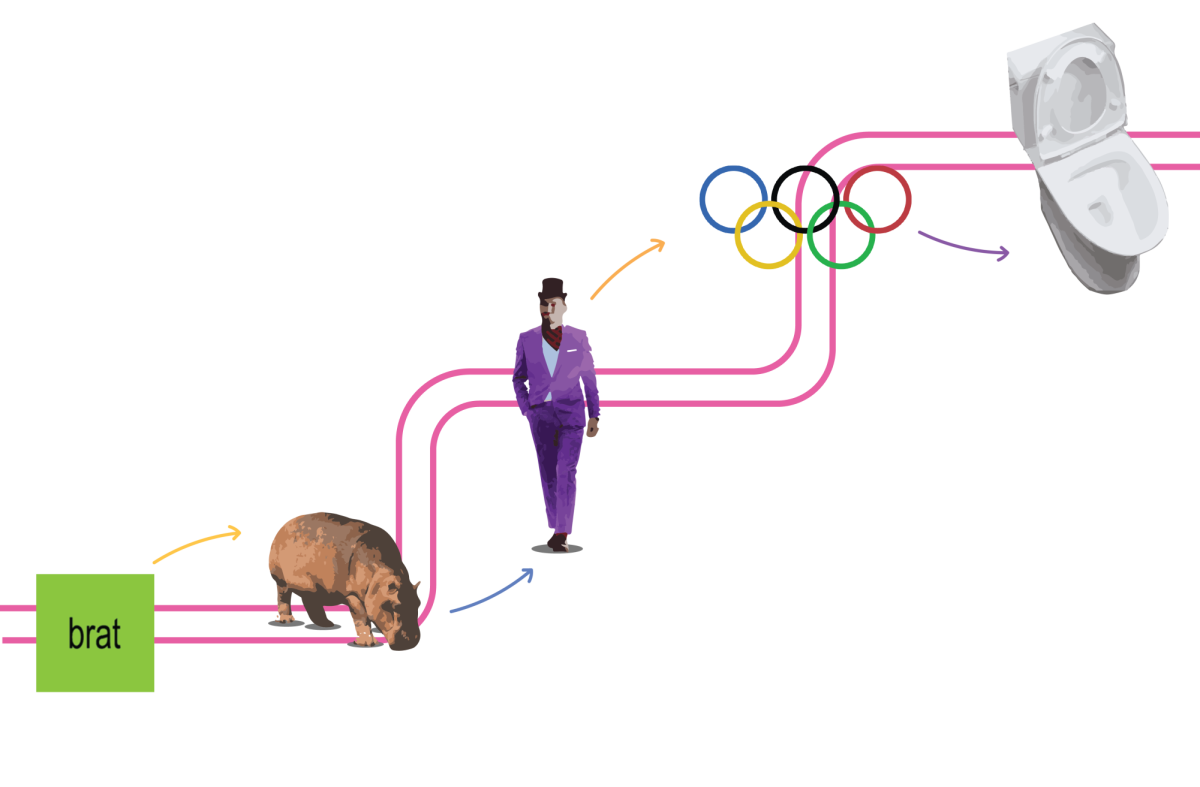Seventh grader Max Agnew zones out of class, his teacher’s voice echoing in his ears. Agnew opens a new tab to play online games as a quick fix to solve his boredom. Online games add an entertaining element of surprise that students cannot find in a lecture.
“Games have an infinite number of variables in them; you don’t know what’s going to happen,” Agnew said.
A survey from the Joan Ganz Cooney Center showed that 78% of students reported gaming in class. The most popular games played by students in class are Google Snake, Tetris, Papas Scooperia and Cool Math Games.
Online games include unique customization that appeals to each student’s interest. The ability to customize the hair color, outfit of your character and change each setting is another element of online games that attracts students.
“There’s a ton of different games that you can play on [Google Snake], there’s different game modes, you can change the color of your snake, the size and the fruit that your snake is eating,” freshman Campbell Alch said. “It just really captures my attention.”
The attraction to online games goes beyond the colorful graphics and customization. The structure of these games creates a reward system for the brain that is directly connected to the amount of dopamine in the brain, tempting students to play it everyday.
“[Each level is] like checking off a to-do list,” psychology teacher Michael Brown said. “It really hits your dopamine reward centers in your brain. There’s a biological reward system set up to encourage you to keep doing it.”
A study from the National Library of Medicine says that video games contain elaborate reinforcement and reward schedules that maximize motivation. In turn, finishing each level gives students a sense of achievement. This feeling allows many people who thrive off academic validation or sports validation in turn to find validation and a release of dopamine at the completion of each level. Students often play these games instead of taking notes because it is a quick way to achieve the feeling of accomplishment.
The attraction of continuously playing a game over and over again can eventually lead to an addiction. Gaming is not normally thought of as an addiction, but addiction is defined by a compulsive, chronic, physiological or psychological need for a habit-forming substance, behavior or activity having harmful physical, psychological or social effects. If students are gaming so much that it harms their grades or social life, that could be classified as an addiction.
“It might be like how the dopamine is going to kick in when you eat sugar,” Brown said. “If you’re getting that reward out of beating your high score in [Google Snake], there is a biological reward system that you get. You’re not getting that [when] you take notes, so it makes perfect sense that kids would want to play games over notes.”
However, if used in an educational way, incorporating online games into lesson plans can increase student attention and participation during classes.
A study from the University of Arkansas showed changes in brain activity and increased performance on tests of visual activity in people who had spent one hour playing the video game, League of Legends. Some students could benefit from playing games in class because they are visual learners, and gaming stimulates their brain to help them learn.
“There are some games that people would play in school like Cool Math Games,” Alch said.“I think that there are some educational games on there. I just think teachers need to figure out how to use it for teaching. I think playing games really helps ease your mind … and allow it to retain the information that teachers are telling you.”
















